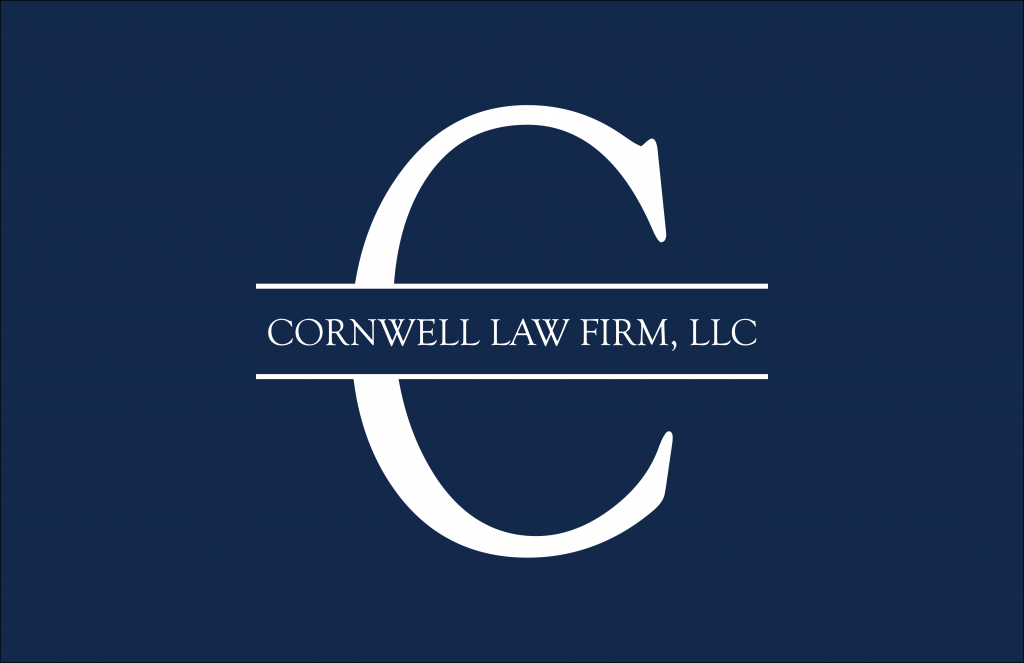Being arrested and charged as a college student or prospective student is no laughing matter. Many charges that students typically face revolve around drugs and alcohol. Some charges are misdemeanors while some are felonies. Consequences for these charges can go beyond just the local and state courts handing down penalties. Your university can reprimand you seriously for being charged with a crime.
A university can:
- Place you on academic or disciplinary probation
- Suspend or expel you
- Take away scholarships, grants, or financial aid, or inform a third-party provider of the arrest
- Kick you out of on-campus or university-funded housing
These are just the consequences a student could face if they’re arrested. There are other direct criminal consequences including jail time, fines, and other court-ordered sanctions as well as indirect consequences. These indirect consequences could be the inability to get a job, go into post-graduate education, loss of other constitutional privileges, and more.
Drug Possession
Drug possession is one of the most commonly charged crimes, not just for university students. However, a possession charge can go many ways. In most cases, this charge is a felony charge. That means more than a year of prison is a possibility along with a felony criminal record. Being found in possession of cocaine, prescription drugs (like OxyContin, Percocet, Adderall, Ritalin), MDMA, and even cannabis can result in serious consequences. Being in possession of even 1 gram of cocaine can result in up to 2 years of prison and a $5,000 fine. That’s if you’re not charged with PWID. Being charged with possession of marijuana is usually a misdemeanor but a second-time charge can result in hefty fines and up to a year of jail.
Assault & Battery
South Carolina has both misdemeanor and felony Assault and Battery statutes in the law books. This means that depending on certain factors a person could face a varying degree of consequences if charged and convicted. 2nd and 3rd Degree A&B charges are misdemeanors. If a person injures another person and the victim requires surgery or medical treatment then they could be charged with either 2nd or 3rd-degree A&B. A felony charge, that’s to say 1st degree A&B, can occur if a person injures another person in a way that is likely to result in death (like strangulation) or if they commit the crime while also committing another felony like robbery.
Disorderly Conduct
South Carolina’s criminal statute 16-17-530 defines disorderly conduct as:
- Being or appearing to be ‘grossly intoxicated’ in a public space
- Using vulgar language in a public space, near a school, or church
- Discharges a firearm while being intoxicated or appearing to be intoxicated
It does not take a hardened criminal defense attorney to know that this law can be interpreted in many ways. A person could reasonably be arrested in connection with this charge if they:
- Fight in public and cause a scene
- Be intoxicated on the street, park, or public venue
- Curse loudly or argue loudly in public
Cornwell Law Firm – Criminal Defense Attorney Charleston, SC
College students have their future ahead of them. Dealing with criminal charges distracts you from developing your education and future career. Being convicted can seriously hamper you. If you’re in Charleston or anywhere in South Carolina contact Ashley Cornwell today to set up a consultation.


